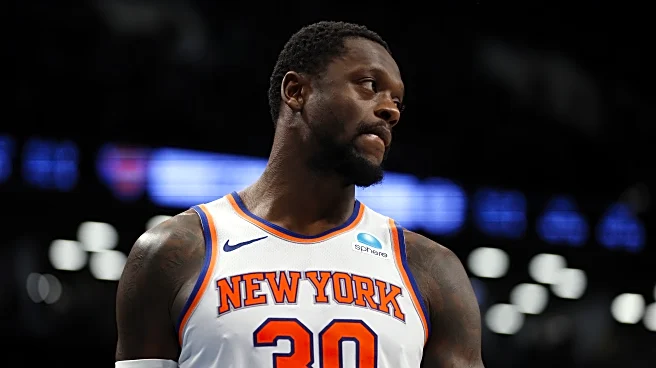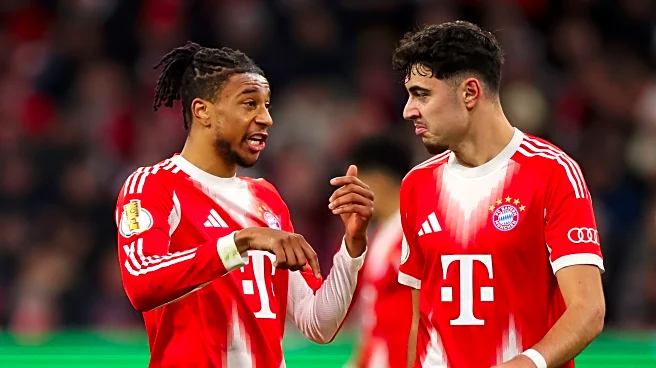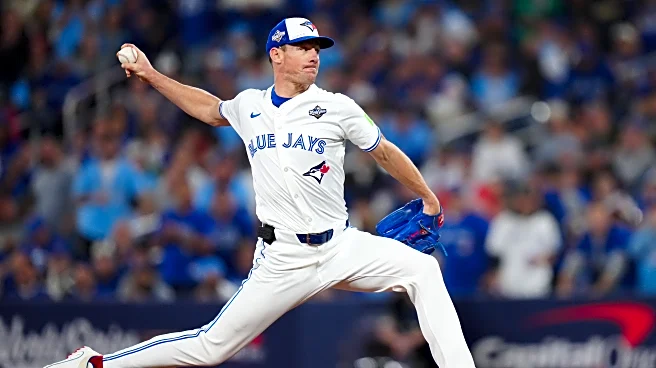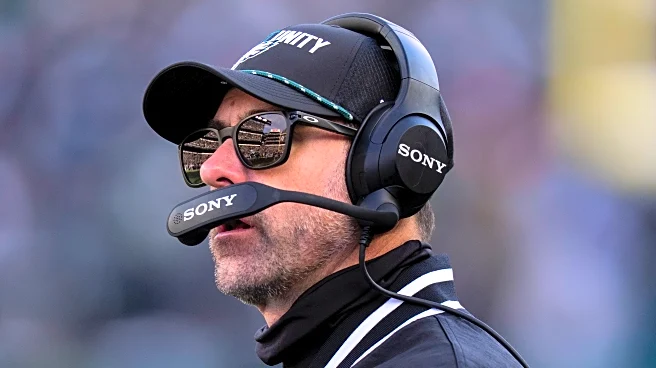In a wide-ranging sit-down on Amen Clinics’ podcast/video series, former Knick and current Timberwolf Julius Randle talked through the head stuff behind his on-court improvements last season. Primarily,
he credits brain scans, routines, family, and a different approach to pressure that included a decision to quit marijuana.
Randle is frank about how New York City’s intensity seeped into everything when he wore the orange and blue. He describes the abundance of “pressure . . . a lot of negativity” that came with being the guy at the Garden. To cope, he turned to Dr. Daniel Amen to help with impulse control. Together, they worked on a “win or learn” reframing approach, which opened up a new mindset for Randle, who had built a reputation for losing his cool under pressure.
Amen even jokes he was “screaming at the TV” when Randle finally picked up his lone tech of the year—in Game 73. Randle says that was his goal all season: avoid the whistle and keep an even keel.
Julius takes responsibility for the messy arc of his Knicks tenure—the playoff struggles, the ankle year, the shoulder year—and how much of that, in hindsight, was him trying to prove people wrong instead of playing free. The point isn’t to relitigate the New York leg of his career. He maintains that it became the foundation for the late-season run he just had in Minnesota.
The conversation then turns to the herb. Amen observes that marijuana “slows reaction time” and points to SPECT images he believes show “toxicity,” while Randle explains why he used it for anxiety management and to cope with the mental volume of New York. He claims that he stopped because it made him distant, less present with his wife and kids, and fed overthinking once the high wore off.
The doctor and patient even build a simple pro/con list on camera; Randle calls the habit something that could “steal my soul,” and says cutting it out helped him feel clearer, calmer, and more connected at home and at work.
The tools that actually moved the needle: Julius started by “killing the ANTs” (automatic negative thoughts), swapping the “I don’t perform under pressure” narrative for evidence-based counters. He added a pregame dopamine routine that included sleep, gratitude, film of his makes, morning light, cold exposure, delayed caffeine, and targeted supplements. He used EMDR first to process childhood baggage, then to sharpen performance details, like catch-and-shoot confidence and turnovers. Finally, he built an alter ego with Amen—the “Mamba Disciple,” an obvious nod to Kobe—which unlocked short memory and zero people-pleasing aggression on the floor, and then switching it off at home.
We rode the Randle roller coaster here, from the Most Improved award to the thumbs-down. Ultimately, we are grateful that he came to New York when no top players wanted to, and he was a cornerstone while the franchise turned itself around. This interview is the most open and detailed Randle has been on the Knicks years and what changed after. If you needed closure on the Randle chapter, this is a nice place to close the book.
Go Knicks.











